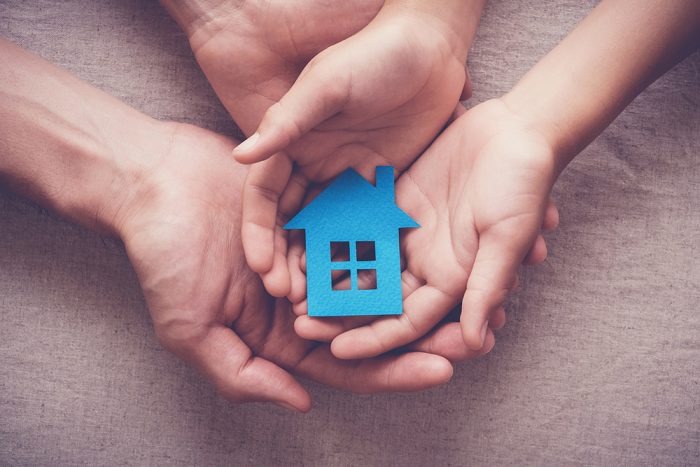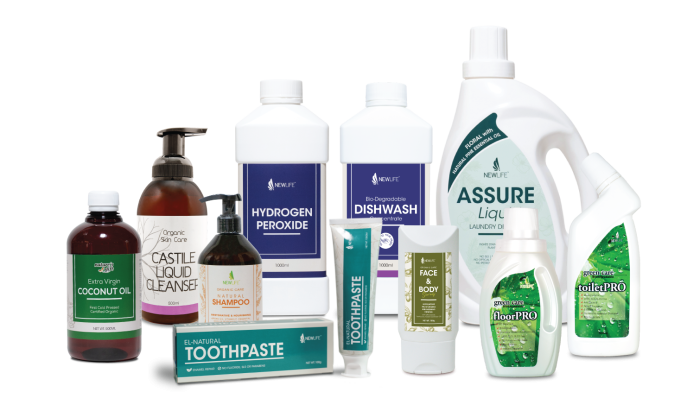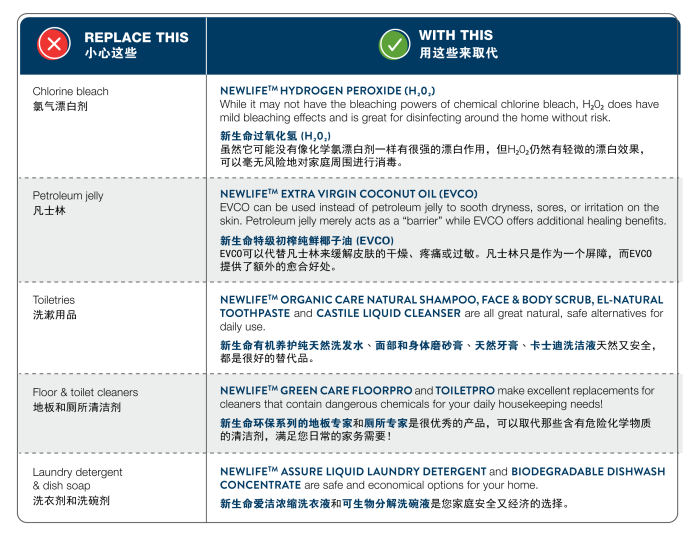
While keeping a clean home is part of living a healthy lifestyle, did you know that many household cleaners that we use everyday contain chemicals that are harmful to our health? Even common, seemingly harmless substances that we use can damage our health in the long run when we use them every day. It is not the one-time exposure that we are concerned about, but rather the long-term exposure from using these products at home.
As we know, exposure to chemicals or irritants can cause chronic inflammation in the body, and this is one of the most common (and unseen) contributors to chronic and degenerative diseases such as cancer and autoimmune diseases.
In this article, we will cover some of the most common dangerous substances and provide safer, more natural alternatives for your everyday use!
1.Volatile Organic Compounds (VOCs)
VOCs are gases that are emitted from some products when they are used. Breathing them in can irritate the eyes, nose, throat, cause breathing difficulty, and even affect the central nervous system, lungs and other organs. VOCs are commonly emitted from the following products:
- Aerosol spray products such as beauty and cleaning products
- Air fresheners
- Chlorine bleach
- Detergent and dish soap
- Furniture cleaners or polishers
- Oven cleaners
Any products that contain fragrances, irritants, or have “flammable” on the label are likely to contain harmful VOCs and should be avoided. Air fresheners should also be avoided.
2.Chlorine Gas
One of the most dangerous household chemicals is not one product, but actually a combination of when any product with bleach is mixed with any product that contains ammonia. This creates chlorine gas, which is extremely toxic. It is so dangerous that it can even cause chemical pneumonia and death if you are exposed to it in an enclosed space such as a bathroom.
Medical professionals deal with thousands of cases per year of injuries caused by this gas, and they warn that regular exposure can also increase the risk of childhood leukaemia.
The safest way would be to not use any products containing chlorine bleach in the home and instead opt for more natural alternatives for your cleaning needs.
3.Personal care
The other things that we need to be watchful for are the beauty products that we put on our face or the products we use in the bathroom.
This includes a long list of toothpastes, soaps, shampoos, deodorants, makeup products, lotions, creams, baby oils, etc.
While it is hard to measure exactly how bad the chemicals found in these products are for our health, we need to remember that daily exposure adds up over time and can lead to some health issues in the long run.
Most store-bought shampoos and soaps contain phthalates, sulphates, fragrances, or a plethora of other harmful chemicals that can be absorbed into the body through our skin. Many of these have similar effects as plastics where they can disrupt the endocrine system and cause inflammation in the body.
Baby powder should be avoided as well, particularly for babies, as inhalation can damage the lungs. Petroleum jelly is another substance that should be avoided as inhalation can cause gradual build-up in the lungs.

Seems like we can’t use anything at home, so WHAT ARE THE ALTERNATIVES?


